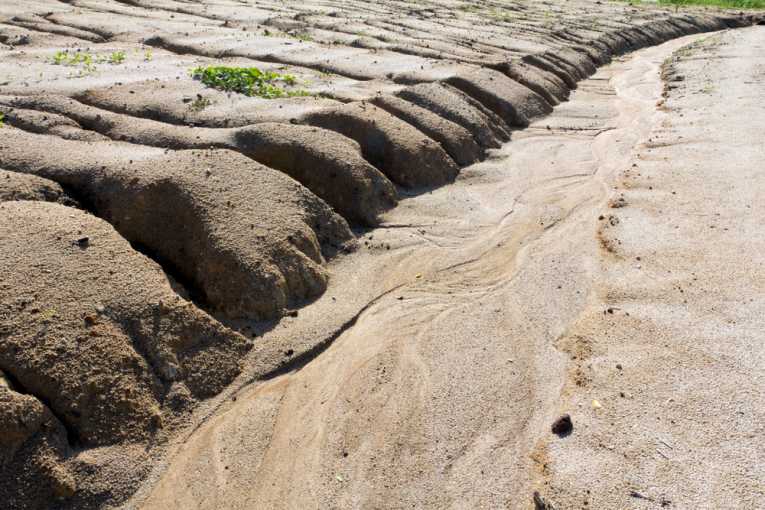As long ago as December 1994 the United Nations General Assembly declared 17th June as the World Day to Combat Desertification and Drought.
It was acknowledged that problems associated with desertification and drought affected all regions of the world, so the problem was truly global. It was also realised that joint action by the international community was necessary to address this problem, particularly in Africa.
Member States were invited to devote the World Day to promoting awareness that international co-operation was necessary in order to combat desertification and the effects of drought. During the past 18 years an increasing number of countries and non-governmental organisations have celebrated this particular day with outreach activities worldwide.
In recent years these countries have included Australia, Algeria, Canada, China and the United States, where many educational activities have concentrated on raising awareness of the problems associated with drought and desertification.
Promotional activities have included eye-catching material such as calendars, post cards and posters that are sent to educational institutions and members of the general public. Educational case studies, together with forums and discussions on drought and desertification and its implications on the world have taken place to consider ways in which this growing problem might be minimised.
The theme for the 2012 World Day is to be Healthy soil sustains your life: Let's go land-degradation neutral.
Luc Gnacadja, Executive Secretary of the United Nations Convention to Combat Desertification (UNCCD) commented that fertile soil is a finite and irreplaceable resource that currently feeds seven million people, but is expected to feed nine billion people by 2050.
"Soil's capacity is often forgotten in global policies for sustainable development," said Mr Gnacadja. He went on to say that the international community should set a zero-net land degradation target by sustaining healthy soil and restoring degraded land.
Half of the world's food production systems are from dry lands and these are highly vulnerable to desertification, said Mr Gnacadja. A start should be made on these drylands and successful practices could then be adopted elsewhere.
The global observance of the World Day to Combat Desertification this year falls on the Sunday before the start of the Rio+20 Conference in Rio de Janeiro. This is the name given to the United Nations Conference on Sustainable Development to be held between 20thand 22nd June and it marks the 20thanniversary of the 1992 United Nations Conference on Environment and Development that was also held in Rio. It is also the 10thanniversary of the 2002 World Summit on Sustainable Development held in Johannesburg.
Meanwhile over-used arid land continues to degrade as a result of a combination of human activity and climatic variation. Careful management of this land is an enormous challenge. Annual rainfall in these arid and semi-arid regions is only between 450mm and 600mm.
Farming accounts for about 70% of the world's water consumption and often the only way that crops can be grown is by means of irrigation. This in turn can cause problems of it own because if it is not managed properly irrigation can cause excessive salination of the soil, effectively destroying its use for agriculture.
A third of the Earth's surface is now threatened by desertification. This equates to over 4,000 million hectares of the planet, or nearly 15.5 million square miles - an area about four times the size of Europe.
The threat of desertification contributes to food insecurity, famine and poverty and can in turn lead to social, economic and political tensions that can spiral into conflict and lead to further poverty and yet more land degradation.
It has been estimated that global desertification has put the livelihoods of 1,000 million people at risk and that eventually some 135 million people may be forced off their land. This problem is particularly acute in the Horn of Africa and Sub-Sahara regions.
At a UN General Assembly High-level meeting in September 2011 where the subjects of desertification, land degradation and drought within the context of sustainable development and the eradication of poverty were all discussed, many world leaders agreed that the commitment to build a land-degradation neutral world should become an important outcome of the Rio+20.
At this meeting the UN Secretary-General, Ban Ki-moon, called for sustainable land-use to become "a cornerstone of the green economy for poverty eradication and sustainable development."
The aim of Rio+20 is to produce a political document that will renew political commitment for sustainable development, assess the progress to date and address new and emerging challenges.
These are obviously brave words, but nothing useful will happen unless these words are translated into actions.










